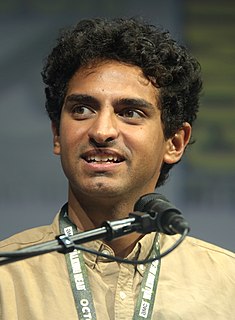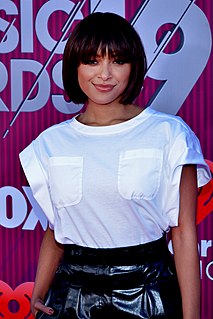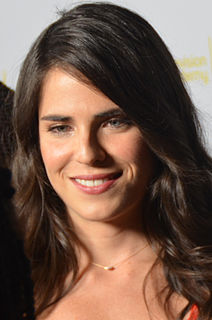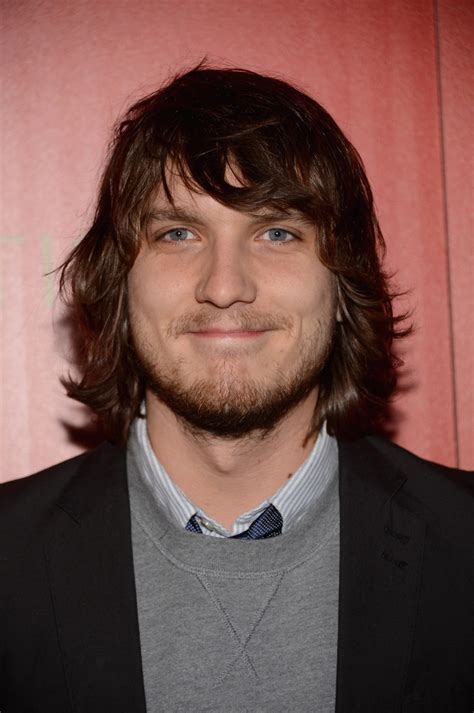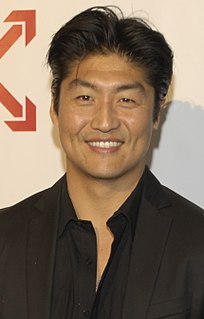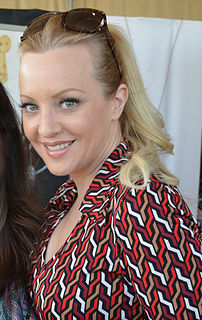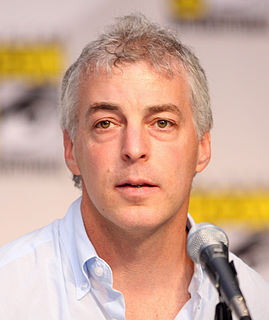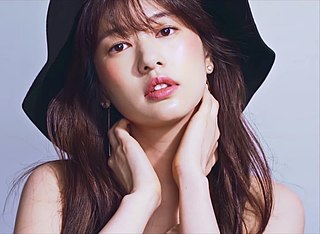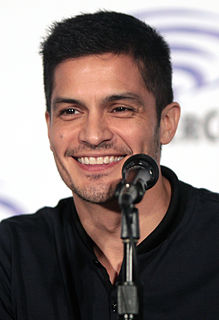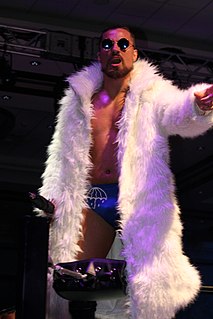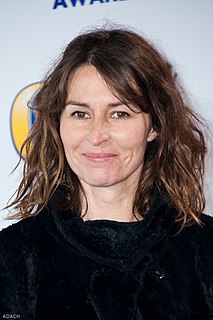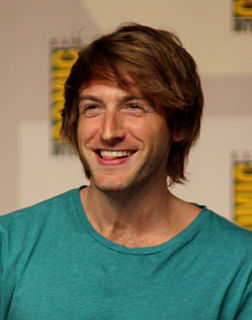A Quote by Karan Soni
Not only is there more content, but the producers are also focusing on characters rather than their ethnicities. I mean, when you go in for an audition, you get a character sketch, like 'a 35-year-old American male.' The ethnicity of that character is developed after casting the actor, and I think that's the most basic change that has happened.
Related Quotes
I told my friend - we were working on a movie together - and he gave me a script and asked me to give him notes. And they were all male characters, and I said, "You know what would make this character more interesting?" And he asked what - and it's this road trip between three guys, basically, one older man, one 30-year-old and a 13-year-old mechanic. And I said, "If you make the 13-year-old a girl, and you make her an Indian-American mechanic." And he said, "What do you mean?" And I said, "Yeah, don't change anything in the script about him, and just make it a her."
The ability to stretch my range into all genres and characters is something I take great pleasure in doing. I thoroughly enjoy it. I consider myself a character actor, though some think of me as a leading man. As an actor, I love shifting gears from character to character, and the more range I can expand, the better.
Improv is more than just spitting out a bunch of funny stuff that's unrelated to the material. You have to stay in character, you have to react and respond as the character you're trying to play. You have to service the story, and I think improv training has helped with my listening, responding, and my audition technique. It's sounds so silly, but it's true. Because not only do you improvise during the audition, but once you get the part, they'll say, "Throw away everything. Just improv this scene. Do whatever you want." Someone could panic if they're not used to doing something like that.
What's actually amazing is that, after a couple of years of living with characters and writing characters and talking about characters, as we sit in the writers room and break episodes, it strikes you, every once in awhile, that you're talking about a character that's played by the same actor, who you've been talking about forever. We talk about a character dying, so you get emotional, and then you realize, "Oh, but wait, that actor is still on the show."
Just look at the history of cinema. The most reproduced male character is probably the hero and the most reproduced female character is probably the sex object. I think those stereotypes have been reproduced over and over again. It also changes our expectations when it comes to a situation like this in real life.
I don't see myself as one type of actor. When you get one role, you start to get cast in that role for awhile because that's what people have seen you do, and have hopefully seen you do it successfully. And so, it becomes an easier thing to see you as, for casting directors and directors, and they start to think of you as that particular person or type of character. But, for me, I'm just an actor, first and foremost. The actors I respect are the real character actors, who are the real chameleon actors that completely change from role to role.
